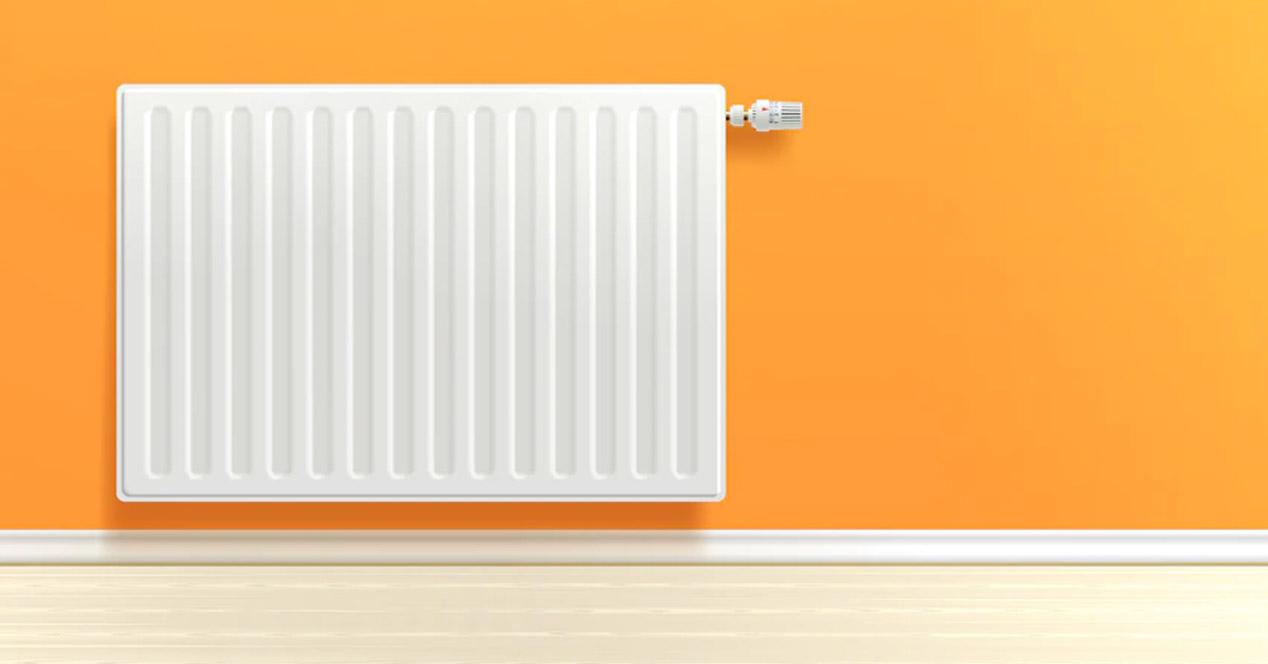In order to save on the electricity or gas bill each month, something essential is to control the use of heating and radiators. Undoubtedly this can suppose a very important part of the total consumption. In this article we are going to talk about whether or not it is a good idea to turn off some radiators in the house in order to pay less and save on the bill. We are going to explain what positive or negative consequences this can have.
To turn off or not some radiators
If you have heating at home, you probably have radiators throughout the house. Some of them maybe you don’t need or think they don’t need to be turned on. For example, a room that you hardly use and you don’t care what temperature it is. So, is it worth turning off some radiators and saving?
Logically closing radiators means that they will not consume resources. It does not matter if it is an electric or gas heating. Although it does not represent a huge saving, the fact of turning off a radiator in the house will reduce consumption. Therefore it is convenient to turn them off when possible.
It is what is known as unnecessary radiators. Basically they are those that are in rooms that we do not use and, therefore, we do not care if they are heated or not. Especially if you have a smart thermostat, you can configure it so that in some rooms the temperature you want to maintain is lower and thus also save even without having to turn it off completely.
With this we get the boiler to use more focused energy in the areas where we do have the radiators on. This will reduce consumption and you will not be wasting gas or electricity to heat an area of the house where you will not be.

Tips if you are going to close radiators
You should take into account some important tips if you decide to turn off radiators. Think that what heating does is maintain a temperature in the house. Therefore, avoid having an open room if you do not have the radiator on. If, for example, you turn off the radiator in a bedroom and leave the door open, that will make another room next door or a corridor take longer to heat up by passing cold air from one place to another. Therefore, close the doors of places where the radiators are turned off.
Also, it’s not a good idea to constantly turn a radiator off and on. That is, if, for example, you are going to be in a room for a while and then you are not going to be back until some time later, such as a couple of hours, it is probably not convenient for you to turn it off and then turn it on again. In this process you will consume energy, since it will have to recover the temperature again.
Another tip is that you do not leave a radiator always off. That is, prevent a long period of time from passing without turning it on. For example, don’t turn off a radiator in a room where you don’t need it and let it go all winter without working. Although it does not necessarily have to be negative, it is advisable to purge it and turn it on at least every several months, such as at the beginning and end of autumn-winter.
In short, as you can see, turning off radiators that you don’t need at home is a good idea to save energy. Although it will not mean huge savings, over time you will be able to avoid paying more and not waste electricity or gas every month.












